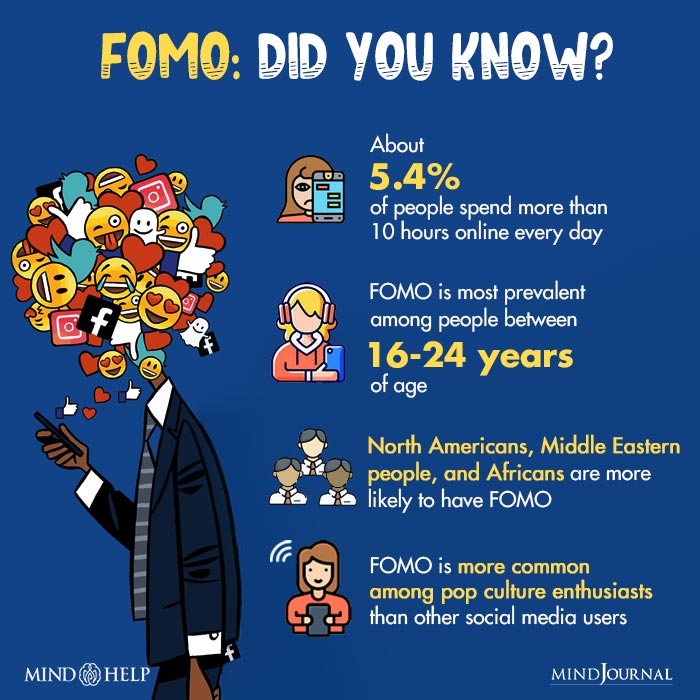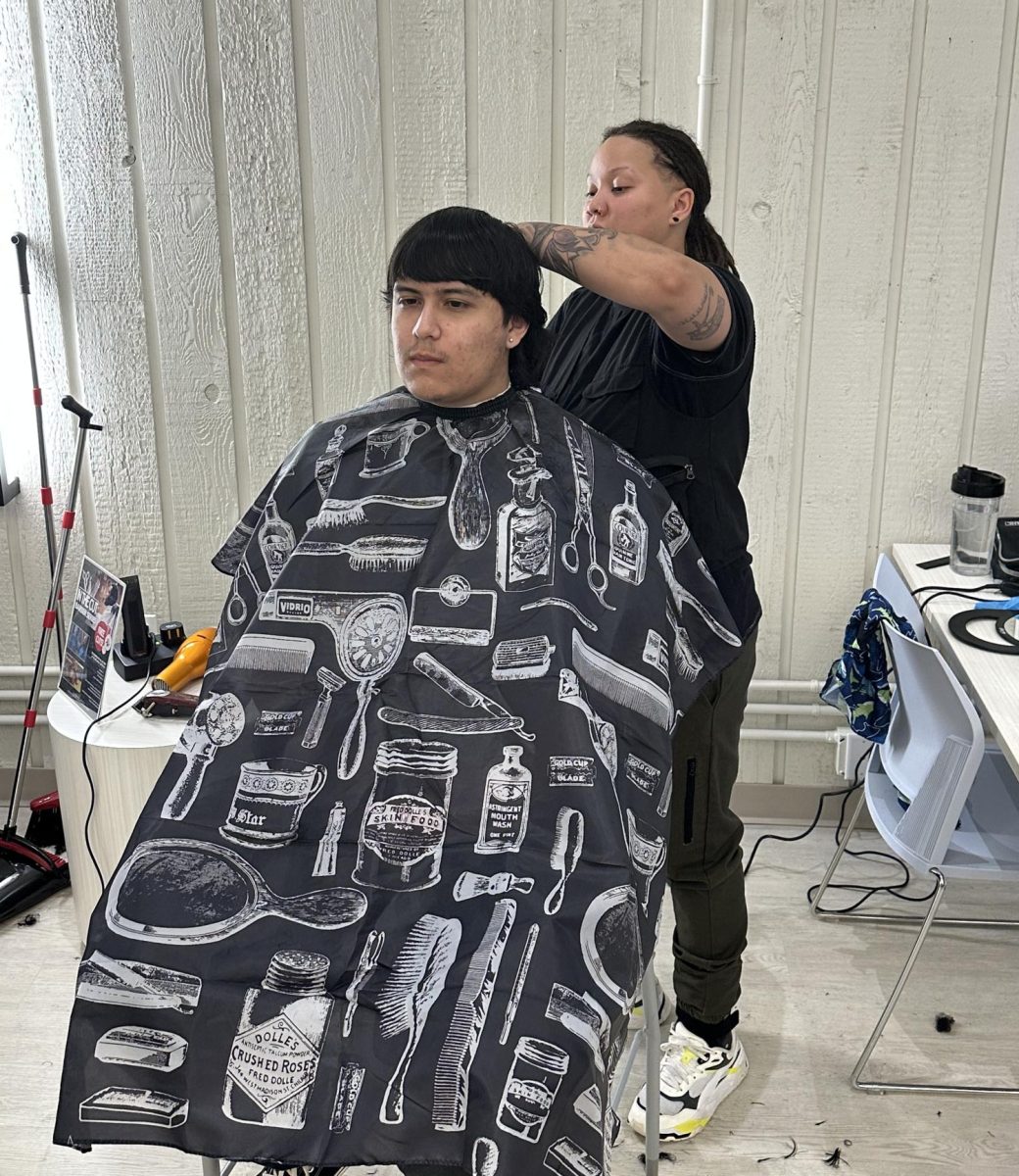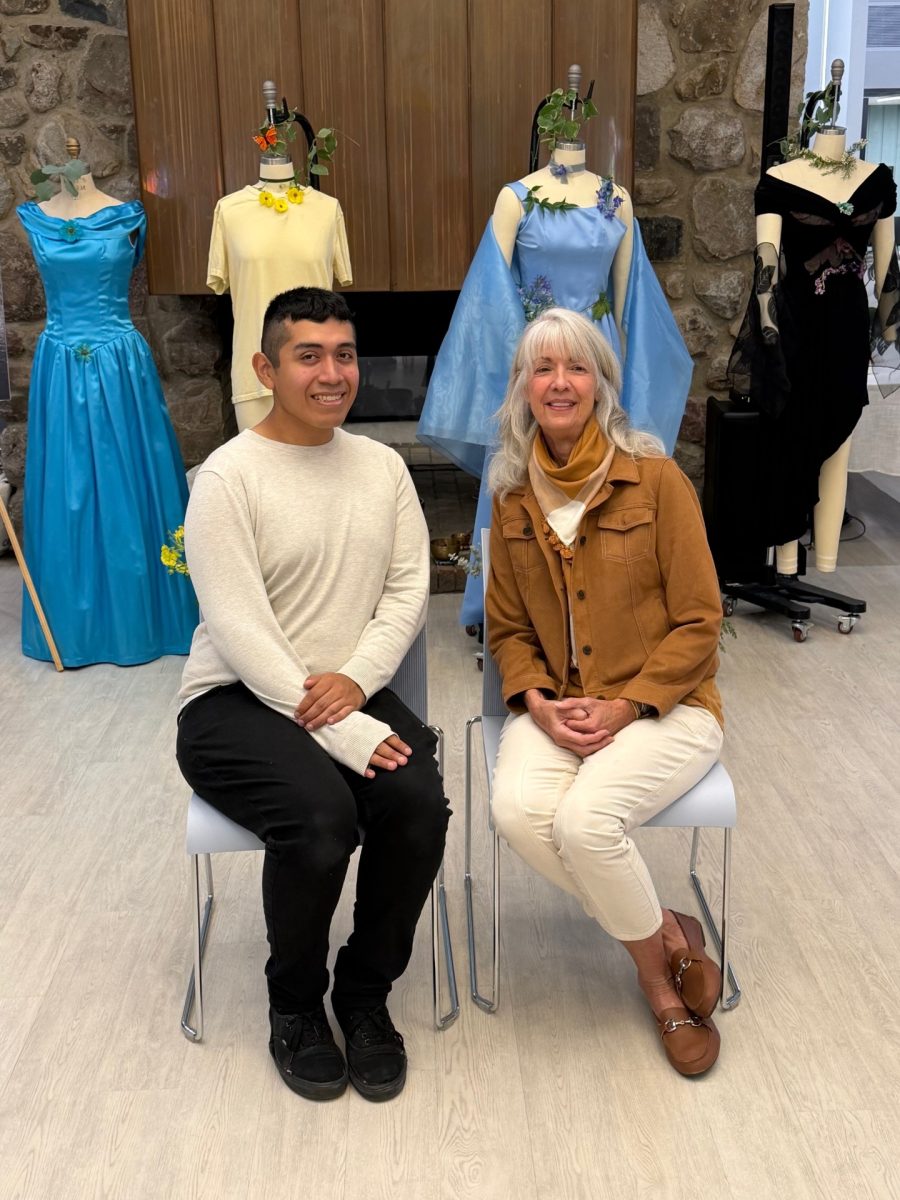Student Encourages Girls To Become Women in STEM
Women should have more of a presence in STEM fields. This is not simply a statement for equality or feminism, but also part of the truth that men have long dominated this field, and we need more innovative women to contribute to the narrative.
One way to help this happen would be to encourage women early on, such as when they are in elementary or middle school, to apply themselves to more math- and science-based studies. In order to achieve this, teachers should highlight the works of prominent female scientists, technicians, engineers and mathematicians from both history and the present day. This would help increase the confidence level of young girls aspiring to be experts in those same fields.
Women are 50 percent of the world population but less than 30 percent of the researchers in STEM fields. You might wonder why this matters. This matters because women have just as much potential as men to be the next creator of a life-saving vaccine, but the playing field needs to be leveled in order to allow that to happen. It also matters because we are telling children that they are capable of anything, but limiting the amount of representation shown to the girls as compared to the boys.
With the personal experience of being a former Ambassador Girl Scout who got to attend Women In STEM events at a major university, and as a female environmental science major, I can tell you that feeling like an intruder in the boys club is not an experience unique to me. It is not a coincidence that when more women gravitate toward a specific section of the sciences that it is then dubbed a “soft science” as opposed to a “hard science.”
Science is not a subjective field of study. When people start naming things as being qualitatively better than the other, it ruins the entire opportunity to collaborate between different types of science to come up with a more holistic approach to solving an issue. Science doesn’t magically become easier when more women come into it, it just becomes more subjected to the human error that is called sexism. In conclusion, the issue isn’t that women aren’t properly equipped with the capacity to be in STEM, it’s that they are societally discouraged from being involved in a field where men have dominated the conversation for decades.


























